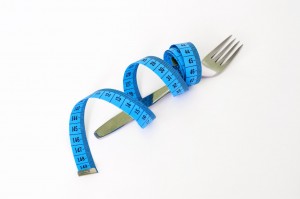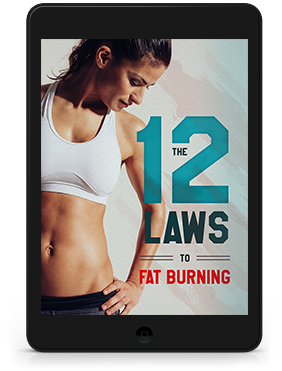The last diet you tried didn’t go well, and so you commit to trying another one, then that one doesn’t seem to work either. Repeatedly trying different diets leaves you feeling very frustrated and disappointed… in the diet, but also in yourself. It’s a lose-lose!
It’s tempting to try temporary nutritional fixes to help us reach our goals, only to end up feeling as though we’ve failed at one set of dietary rules after another. While you may simply be trying to find a way of eating that aligns with your preferences and your lifestyle, repeatedly jumping from one set of rules to another is at best a misguided approach that usually won’t lead to the desired outcome.
Is your Diet Really Working for You?
The word “diet” implies that there’s a temporary timeline. It’s OK to have temporary performance, fat loss, or any other goals that require you to change your nutrition, and there’s definitely a time and place when the best approach is to adhere to some stricter guidelines to help you achieve results. However, if you’re looking for a sustainable way of eating that pleases your palate and enhances your physique over the long-term, then serial attempts to find the next best diet that promises to make you lean and healthy won’t be the most effective approach.
If you’re finding yourself in a cycle of repeatedly trying the next new diet, it’s important to think about your current situation, your goals, and the diet you’re following, then ask yourself these questions:
- What are your nutritional needs (accounting for many lifestyle factors like activity and stress level)?
- What strategies from this diet are helpful?
- What about this diet is not working for you?
For most people, sustainability will be top of the list of things that aren’t working. We want to learn to eat in a way that’s enjoyable, keeps us healthy, fuels performance in life and during exercise, as well as helping us to get results and maintain them over the long-term. That’s why I encourage eating in a way that helps to both achieve and, importantly, maintain results way beyond a 21-day shred or 30-day detox.
Rules Aren’t Always the Solution
I want my clients to feel completely independent in making nutritional choices instead of relying on a meal plan, a macronutrient breakdown, or a strict set of rules. When it comes to how we eat, rules can sometimes hurt more than help. For example, what do most of us want when something is off limits? Exactly that thing.
In saying that, having a set of guidelines helps you to stay on track towards long-term health and fitness goals, and they allow you to gather information about what’s helpful in your endeavour. But, ideally, rules shouldn’t govern the way you eat unless you have a medical condition, food sensitivity, or specific nutritional need for which eating a particular food could cause harm.
It takes time, attention, and effort to learn which foods help you feel your best, as well as to reduce the ones that don’t. Many people who start one diet after another don’t take the time to understand what other investments (like time, emotional attention, energy, and mental focus) are required to truly evaluate whether something has the potential to be useful for them. They may claim the whole approach “didn’t work” and move on without carrying forward any helpful strategies they’ve learned and healthy habits they’ve cultivated. Part of this also has to do with the common black-and-white, all-or-nothing mentality when it comes to nutrition. Follow the rules, or fail.
Avoid Creating Habits of Failure
Because most diets don’t set you up for long-term success, going from one to another looking for the perfect solution tends to create habits of failure. This is disastrous for confidence and quickly drains willpower.
In this habit loop, you may try a new diet but find it difficult to stick to the rigid guidelines for long. As a result, you “fail” before officially completing the diet and end up feeling bad about yourself, your lack of willpower, and your inability to get results. This experience continues to provide a stream of “evidence” that shows you’ve failed every diet you’ve attempted, and you deem yourself unworthy of feeling healthy, strong, and confident in your body because you just can’t stick to the rules. “Failing” becomes the default perspective, and is reinforced every time you try another diet.
In Part 2, I’ll look at ways of making effective and sustainable changes without the need to slavishly follow rules.


